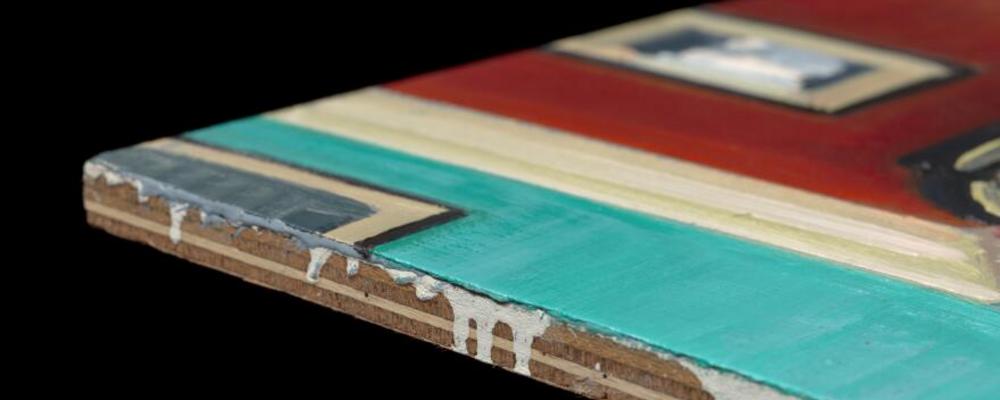While “in the aftermath” may pre-suppose that violence is only the past violence, the realities for exiles are usually inscribed in a different temporality. Exile is many times a means to escape visible forms of extreme violence_ that may become past_, but host places are more often far from being safe heavens. Other forms of violence, invisible as structural among others (Galtung, 1969), become part of the exiles’ every day, which they need to face, navigate and resist, in different spaces and through an array of means and strategies.
Can a trauma clinic be part of these spaces of resistance? Looking at the therapeutic space as a heterotopia, rooted in an ethos of care and solidarity, I will be exploring its potential to be a space of resistance and healing. I will be questioning whether psychotherapy and psychological recovery can be strategies of resistance to past and present violence and whether therapeutic spaces open possibilities for other forms of resistance.
Mayssa REKHIS is an anthropologist, with a Ph.D. from the Ecole des Hautes Etudes en Sciences Sociales EHESS - Paris, and a Medical Doctor, who graduated from the Faculty of Medicine in Tunis, whose current research is at the intersection of medical and psychological anthropology in the contexts of migration and exile.
She is a lecturer at the School of Public Health and Community Medicine at Sahlgrenska Academy, a member of the International Network of Researchers Working with Extreme Violence (RICEVE), and a board member of the European Network for Psychological Anthropology (ENPA).
